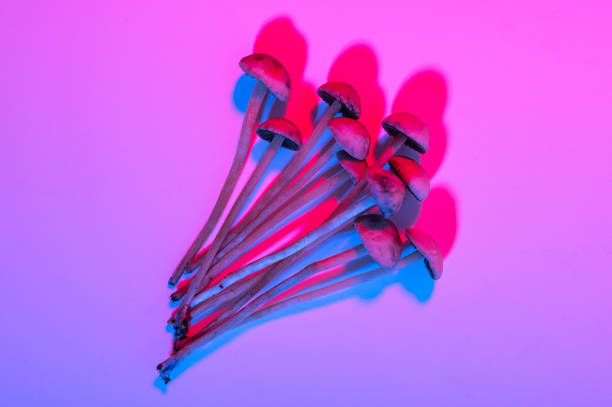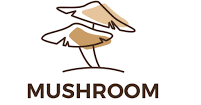
In a groundbreaking move, the city of Ann Arbor, Michigan, has decriminalized psychedelic plants and fungi, including magic mushrooms. This means law enforcement will no longer prioritize investigating or arresting people for activities related to these substances.
The City Council unanimously passed a resolution on September 21st, 2020, declaring the use and possession of entheogenic plants the lowest enforcement priority. Entheogenic plants are defined as those containing specific chemicals (indole amines, tryptamines, and phenethylamines) believed to offer potential psychological and physical benefits, support religious practices, and reconnect people with nature.
This decriminalization effort encompasses a wide range of psychedelic substances, including ayahuasca, ibogaine, mescaline, peyote, and psilocybin mushrooms. It’s important to note, however, that this city-level decision does not change state or federal laws, which still classify these substances as illegal.
The City Council also urged the Washtenaw County prosecutor’s office to stop pursuing legal action against individuals involved with entheogenic plants. This move appears to be a response to advocacy efforts by Decriminalize Nature Ann Arbor (DNA2), a grassroots group that has been lobbying for policy changes around psychedelics.
Initially, some council members expressed reservations about the proposal. However, arguments highlighting the potential medical and spiritual benefits of these substances, particularly for mental health treatment, ultimately swayed them. Additionally, some believe psychedelics could offer an alternative path to overcoming opioid addiction.
The resolution acknowledges that decriminalization doesn’t eliminate all consequences. Law enforcement can still become involved if there are major violations of state or federal law, or if public safety is threatened.
This decision by Ann Arbor follows a growing trend of psychedelic decriminalization efforts across the United States. Denver became the first city to decriminalize magic mushrooms in 2019, followed by Oakland and Santa Cruz, California, which decriminalized all entheogenic plants in 2020.
The Ann Arbor City Council’s resolution highlights the potential for psychedelics to address a range of challenging issues, including substance abuse, addiction, mental health disorders, and trauma. As research into the therapeutic potential of these substances continues, it will be interesting to see how other cities and states respond.

